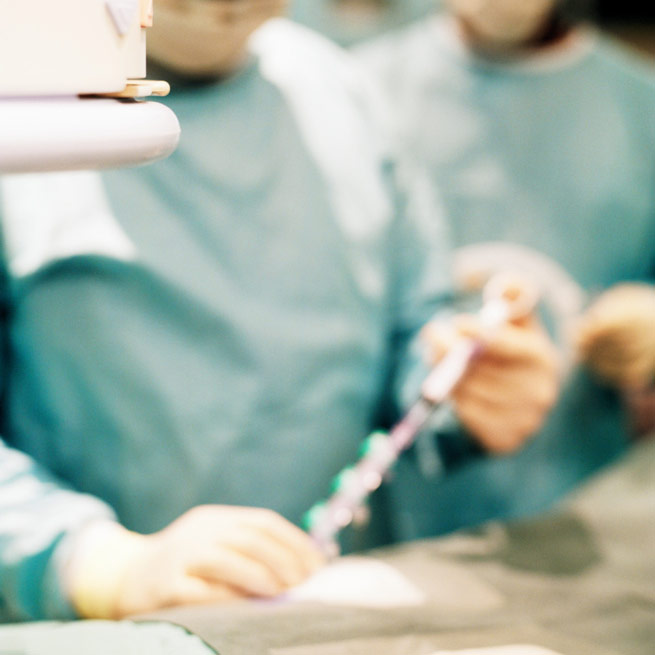
(HealthDay News) — Scuba diving requires careful training and preparation, or you can suffer the health effects of the difference in pressure between the spaces in your body and the higher water pressure as you dive deeper.
Diving without training can raise your risk of problems including dizziness, chest pain and shortness of breath. More serious medical problems can include decompression sickness (the “bends”).
The American Academy of Family Physicians offers these general guidelines for safer scuba diving:
- Don’t push yourself beyond your comfort level, and always stay within your dive plan.
- Slowly and gently equalize the pressure in your mask and ears as you descend and ascend.
- Educate yourself on local dangers, such as currents, tides and dangerous marine life.
- Always dive with a buddy and stay calm and relaxed; turn to your buddy if you need help.
- Always use the proper equipment.
- Make sure your doctor says it’s safe for you to dive.
- Never drink alcohol before a dive.

